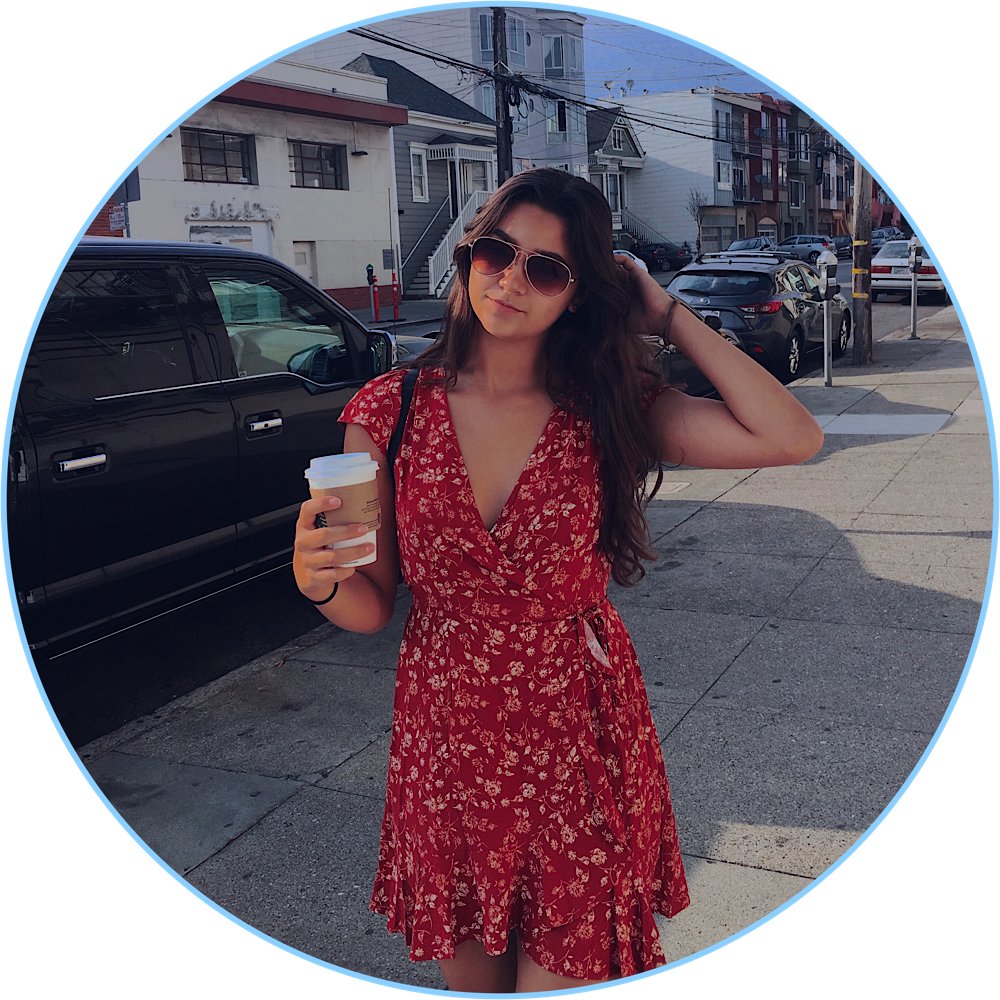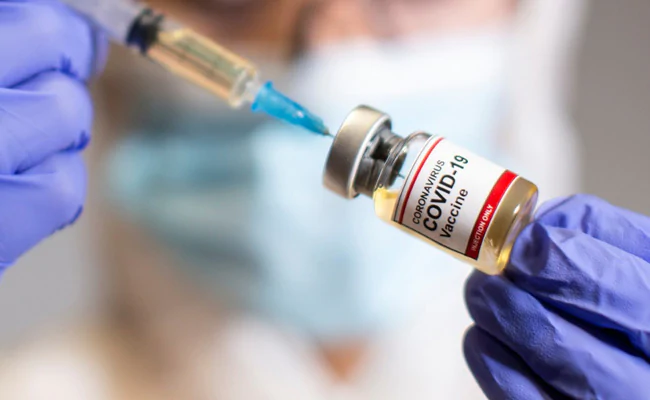Vaccines: Looking Back and Moving Forward
- Tess Horowitz

- Mar 19, 2021
- 4 min read

This month marks one year since the World Health Organization declared COVID-19 a pandemic.
It is hard to believe that a whole year has passed since cities, businesses, and campuses started to shut down.
For many of us, COVID-19 has upended our lives and put a halt to our daily activities, as well as bringing us closer to our families (whether we like it or not). But with the rolling out of vaccines, returning to normalcy has never felt so near.
I’ve been living at home this year, and for this week, I talk with my family about what has changed for them during the pandemic, their thoughts on the vaccine, and their hopes for the future.
My 17-year-old brother, Alex, who is currently a high school junior, said the pandemic has affected his work ethic more than anything.
On top of not being able to see his friends at school or participate in extracurriculars, remote learning has offered him little motivation to keep up with school work. He missed out on gaining a good understanding of certain subjects – which he said is what school is all about.
“You’re supposed to learn and care about subjects that you are interested in, and COVID literally took that away.”
Alex decided to fulfill all his credits this year and graduate early. The virus completely changed his game plan, he said.
“Now I can’t have fun at school, which is the whole reason I even want to be in high school,” he said. “I want to be here for prom, for games, for sports. If I can’t do that, and I’m not learning anything, then why am I here?”
Alex said he wants the vaccine as soon as possible and can’t wait for life to resume and move forward. He is most excited about starting community college and feeling motivated to learn again.
My mom, Karen, who works from home, said not being able to leave the house without the fear of being exposed to the virus has been an oppressive feeling.
She is counting the days until she can get the vaccine and feel like she can finally take a deep breath again.
For my dad, Ben, who is a realtor, COVID-19 has changed how he navigates his work environment. Not being able to shake people’s hands and having to keep his distance from clients has been difficult to adapt to.
He said he is more than willing to get the vaccine and be a part of this step in the right direction.
“You want to be part of the good, not the bad. We’re just one person, but with one person, we can affect a lot of different people,” he said. “It’s really just about keeping everyone safe, even ourselves.”
In the months to come, my parents wish to see more progress and hopefully some return to normalcy. Reuniting with family who we haven’t seen in over a year is something we are all looking forward to as well.
Last week, I received my first dose of the COVID-19 vaccine since my job at school is reopening soon. The experience was surreal.
It was the first time since the start of the pandemic that I felt there was an end in sight.
Vaccines have been a normal and almost mechanical part of our lives, but the COVID-19 vaccine takes on an entirely new significance – with every vaccination, we are closer to putting an end to a pandemic that we are currently living through.
The question now is when will the pandemic be considered over? When can we stop wearing masks, see our friends and families again, return to our daily lives?
It seems there will likely be a new normal before we can be completely sure the pandemic is through.
Vaccinations do not guarantee full immunity according to Dr. Fauci, director of the National Institute of Allergy and Infectious Diseases. In his response to Senator Rand Paul’s claim on Thursday that wearing masks after receiving the vaccine is “theater,” Fauci explained that the threat of variants is reason enough to keep wearing masks.
The vaccines protect us from the wild-type, or prevalent viral strain, for at least six months. However, with circulating variants, immunity is not a given.
The CDC echoes Fauci’s statement. They report that authorized vaccines in the US are highly effective at preventing vaccinated people from getting severe and symptomatic COVID-19. New evidence also suggests vaccinations make asymptomatic infection and transmission less likely, but their level of protection against emerging variants is still under investigation, they added.
The CDC recommends that fully vaccinated people still wear masks, physical distance, and practice other prevention measures when in public or visiting unvaccinated people from multiple households. Visiting others who are also fully vaccinated and visiting unvaccinated people from a single household who are low risk for COVID-19 is permitted without wearing masks or physical distancing.
Although the finish line is near, we have not crossed it yet. We must continue to do our part to protect ourselves and others.
I’m looking forward to being fully vaccinated and graduated! It has been one tough year, but we have made incredible progress. Here’s to hopefully another roaring twenties.
Cheers!




Comments